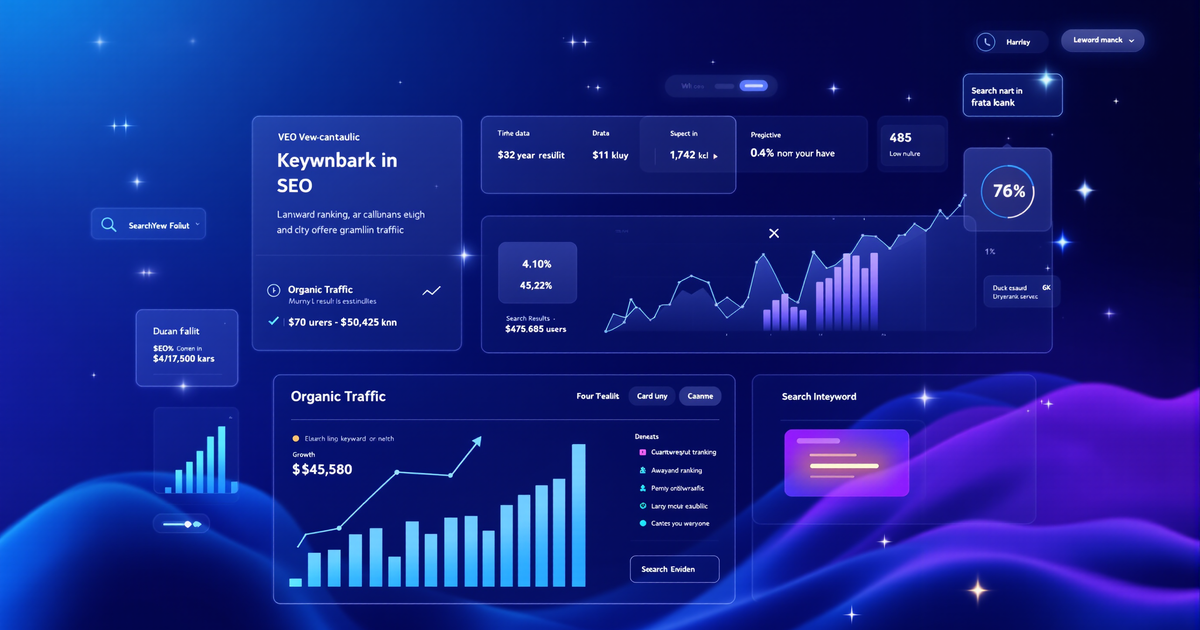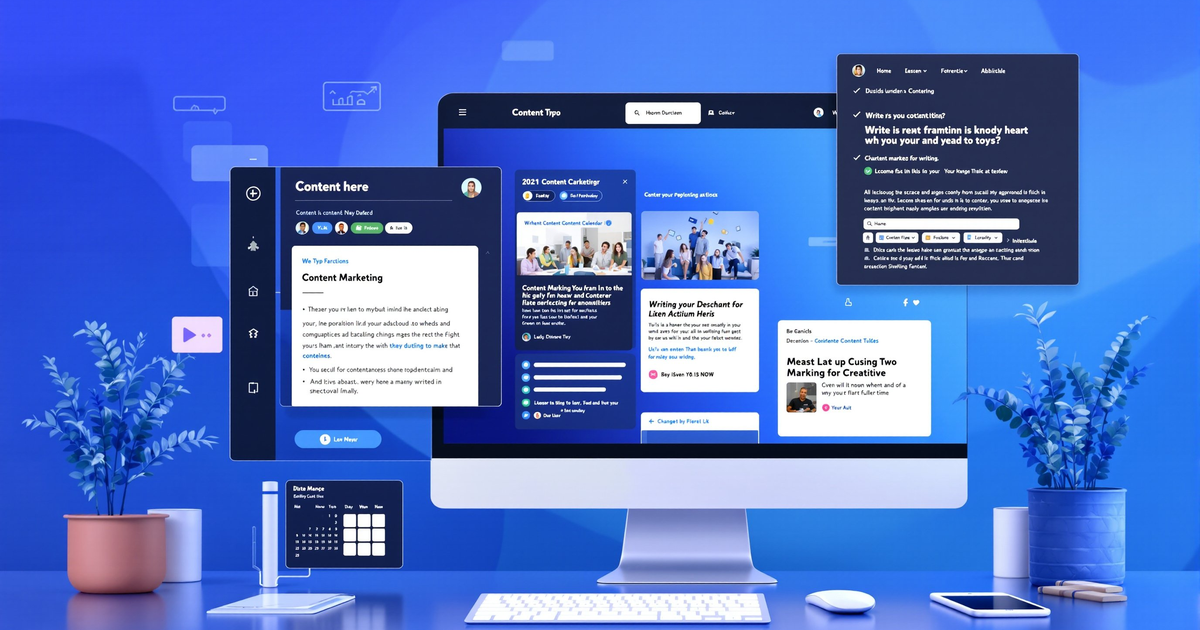Are You Ready for the New Era of Customer Data Privacy Compliance?
Imagine this: A single data breach or non-compliance penalty could cost your business hundreds of thousands of dollars and permanently damage your brand’s reputation. With eight states rolling out new privacy laws in 2025 and no federal standard in sight, the stakes for business owners, marketers, and entrepreneurs have never been higher.
So, are you confident your data privacy practices measure up?
Why Data Privacy Compliance Now Demands Your Attention
In 2025, the U.S. faces a complex patchwork of state-level customer data privacy laws. Consequently, each law expands consumer rights, introduces stricter data governance, and imposes steep fines for violations. Businesses operating across state lines now face an unprecedented maze of compliance challenges.
Key drivers of this trend:
- Exploding volumes of personal and sensitive data collected by digital businesses
- Consumer demand for greater control over their information
- High-profile data breaches and regulatory crackdowns
Did you know?
- The average cost of a U.S. data breach reached $9.48 million in 2024 (IBM).
- Nearly 70% of consumers say they would stop doing business with a company that fails to protect their data.
What’s New: 2025 State Data Privacy Laws at a Glance
Several new and updated state laws are now in effect, each with unique thresholds and compliance requirements. For instance:
- Delaware Personal Data Privacy Act (DPDPA): Covers businesses handling data of 35,000+ residents, or 10,000+ if over 20% of revenue comes from selling data. It also applies to nonprofits and educational institutions and requires universal opt-out mechanisms.
- Iowa Consumer Data Protection Act (ICDPA): Applies to businesses processing data of 100,000+ consumers (or 25,000+ with over 50% revenue from data sales).
- Nebraska Data Privacy Act (NDPA): Covers most businesses, with minimal thresholds, except for small businesses as defined federally.
- New Hampshire Privacy Act (NHPA): Has similar thresholds as Delaware, but with extra requirements for high-revenue data sales.
Common features across these new laws include:
- Universal opt-out for data sales and targeted advertising
- Opt-in consent for sensitive data (e.g., race, health, biometrics)
- Prohibition of dark patterns to obtain consent
- Mandatory data protection assessments for high-risk processing
- Disclosure of third-party data sharing
Federal and Sector-Specific Rules: The Complicating Layer
While there’s no comprehensive U.S. federal privacy law, businesses must still comply with sector-specific regulations, such as:
- FTC Act: Bans unfair or deceptive practices, including misrepresenting privacy or security measures.
- COPPA, HIPAA, GLBA, FCRA, FERPA: These impose strict rules for children’s data, health, financial, credit, and educational information, respectively.
The Cost of Non-Compliance
Failing to comply with these laws can result in heavy fines, mandatory audits, and a significant loss of consumer trust and business. Therefore, it is crucial to be proactive.
Actionable Steps: How to Achieve Customer Data Privacy Compliance
1. Map and Audit Your Data
First, identify all personal and sensitive data you collect, store, or process. Then, document sources, purposes, retention periods, and data flows, and eliminate any unnecessary data collection.
2. Update Privacy Policies and Notices
Clearly state what data you collect, why, and with whom it’s shared. Also, disclose consumer rights and opt-out options, and regularly review policies for new legal requirements.
3. Empower Consumer Rights
Implement easy-to-use portals for consumers to access, correct, or delete their data and opt out of data sales. Above all, respond to requests promptly and transparently.
4. Obtain Valid Consent
Use clear, non-deceptive consent mechanisms for sensitive data. Importantly, avoid ‘dark patterns’ that trick users into sharing more information than they intend.
5. Strengthen Data Security
Encrypt sensitive data, use firewalls, and conduct regular security audits. In addition, you must limit access to sensitive information based on roles.
6. Conduct Data Protection Impact Assessments (DPIAs)
Evaluate risks for any new high-risk data processing activities. Be sure to document your findings and mitigation strategies.
7. Vet and Monitor Third-Party Vendors
Ensure all vendors and partners adhere to privacy laws. Furthermore, review contracts for data protection obligations and your right to audit.
8. Train Your Team
Finally, educate employees on data privacy regulations and company policies. Foster a culture of privacy by design and by default across your organization.
Case Study: A Cautionary Tale
A regional retailer expanded online and began collecting customer data for marketing. After failing to update their privacy policy and implement opt-out mechanisms, they were fined under a new state law. The result was thousands in legal fees, a public relations crisis, and the rushed implementation of overdue privacy controls. The lesson is clear: proactive compliance is far less damaging than reacting to violations.
Trends to Watch in 2025 and Beyond
Stay informed on the latest developments by reading our company blog. Key trends include:
- Universal Opt-Out Technology: Wider adoption of tools like Global Privacy Control to automate consumer preferences.
- AI and Privacy: Increased scrutiny of AI-driven personalization and profiling.
- Borderless Compliance: Businesses must build flexible, state-aware compliance frameworks.
- Consumer Trust as a Brand Differentiator: Companies that are transparent and ethical with data will win consumer loyalty.
Quick Compliance Checklist for 2025
- Map all personal and sensitive data flows
- Update privacy notices and consent forms
- Enable consumer data access, deletion, and opt-out
- Secure all customer data with encryption and robust access controls
- Audit third-party vendors
- Document DPIAs for high-risk processing
- Train your entire team
The Bottom Line
Data privacy compliance isn’t just about avoiding fines—it’s about earning customer trust and building a resilient, future-ready business. The companies that treat privacy as a core value will be the ones that thrive in this new era.
Ready to Find Out What’s Missing in Your Marketing Strategy?
Don’t wait until it’s too late. Get your FREE 3-minute marketing assessment and discover exactly how to fortify your data privacy practices and unlock new growth opportunities for your business today!


